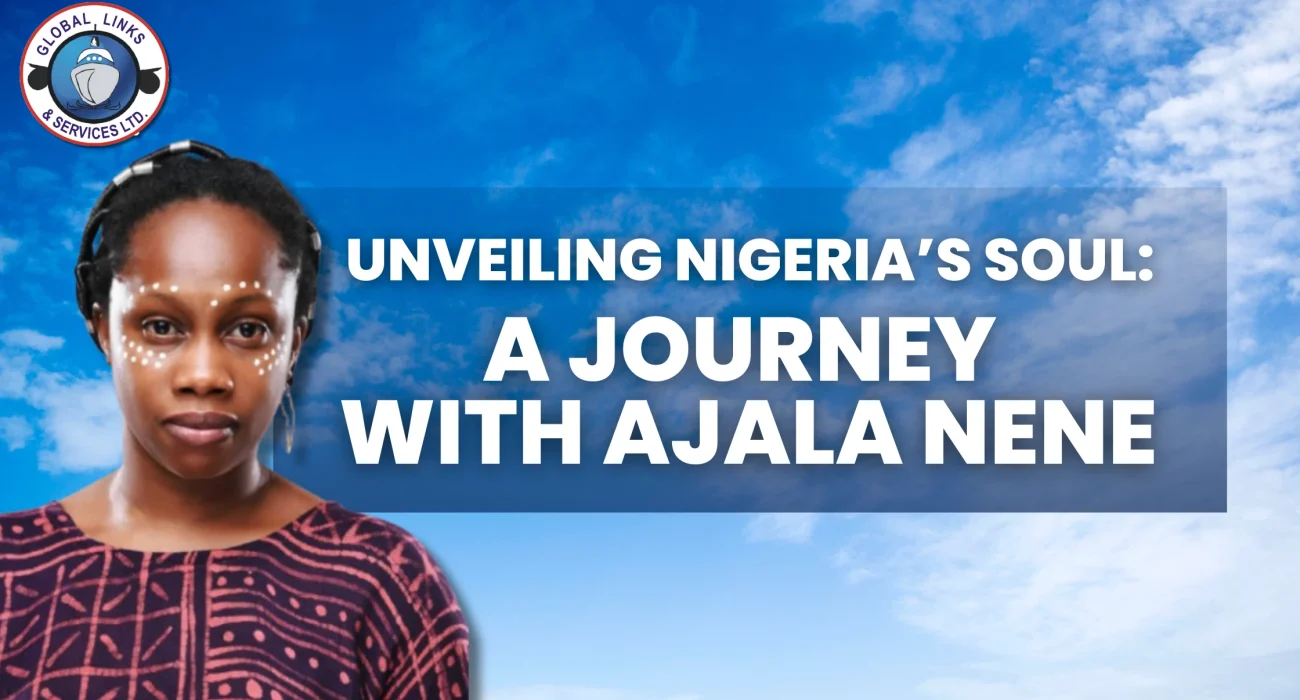Nigeria isn’t just a country. It’s a living, breathing story, told in the rustle of its markets, the silence of its monuments, the beat of its street music, and the hush of its hills. From Lagos traffic to the mists of Obudu, each of the 36 states carries a slice of history, culture, or natural beauty. Yet, our tourism story has barely been told.
Enter Nnenna, the mind and movement behind See the World with Ajala Nene. On Ije: The World of Travel, we sat with her to unpack a bold vision: African tourism owned by Africans, rooted in heritage, and unapologetically proud.
It Started with a Shower Thought
Nnenna’s journey began in a bathroom at Covenant University. Final year. Sociology student. Searching for a project idea. Then it hit her. Tourism.
“I screamed,” she laughs, remembering how she dashed to the library to research Hawaii’s tourism economy. But the real gold? Nigeria itself. From Olumo Rock to Obudu, she saw potential. Her project, “Tourism Development in Nigeria,” included fieldwork at slave trade sites in Abeokuta, setting her on a lifelong path.
Her father, a UN worker, planted the early seeds. Postcards from every corner of the world. Coins. Currency. “I still keep them,” she smiles. When he passed before her graduation, that grief hardened into resolve. “I had to make him proud.”
From Oil Rigs to Travel Routes
After school, she joined her aunt’s company, Tour Brokers International, before doing NYSC. She loved selling destinations but hated packaging tours. Then came the oil industry: good pay, solid benefits, but an uneasy restlessness.
“You’re making money, but you’re not happy.”
People at work called her “the travel girl.” She blogged her adventures. Still, something tugged at her. Eventually, she left it all behind.
Today, she’s Programme Director at Goge Africa Foundation, organising youth summits and cultural dance contests. Goge Africa isn’t just a name; it’s a Pan-African media brand with two decades of experience showcasing African heritage. It fits her like a glove. She’s also back in school, pursuing a master’s in tourism, media, and communication, to sharpen her storytelling even further.
Becoming Ajala Nene
Her brand is a nod to the legendary Moshood Adisa Olabisi Ajala, the man who toured 87 countries in the 1950s on a Vespa. Ajala’s name became cultural currency, immortalised in Ebenezer Obey’s song, “Ajala travels all over the world.”
Nnenna’s own name, “Nene” (Igbo for “to look”), and her mother’s nickname for her, “Ajala”, merged to form Ajala Nene. A perfect fit for a woman constantly in motion, always documenting, always seeing.
In 2023, she launched a media campaign spotlighting 100 personalities in Nigerian tourism to celebrate World Tourism Day. She then launched her podcast in 2024 to further highlight these individuals on a bigger and more impactful scale.“I want someone in Alaska to book a trip to Nigeria,” she says, eyes lit.
Nigeria’s Tourism: A Local Mission
For Nnenna, tourism isn’t about outsiders. It’s about locals. “Every state has at least five destinations,” she insists. From Zaria’s mosques to Osun’s groves, Calabar carnivals to Enugu farmstays, there’s more than enough for the world to see.
What’s missing? Local ownership.
“Rwanda charges $2,000 for gorilla treks because locals protect the experience,” she says, contrasting that with Cross River’s underpromoted gorilla habitat.
To her, tourism is an “octopus”, touching agriculture, food, fashion, and media. But without infrastructure, safety, and strong policies, the octopus flails. Still, she believes. “If locals own their stories, the rest will follow.”
Her podcast is already making a difference. She once connected a Nigerian-American to a trusted operator through a blog post. That led to a successful roots trip.
“That’s the dream,” she says.
A Journey Worth Taking
Travel in Nigeria isn’t just movement. It’s memory. It’s the banter in the bus park, the awe of sacred spaces.
Through Ajala Nene and Nene-Uwa Hub Ltd, Nnenna isn’t just building visibility; she’s inviting us to reclaim and reimagine how we see Nigeria.
Not as a crisis.
But as a destination.
Ours first. Then the world’s.
Listen to: Exploring Nigerian Tourism with Ajala Nene on Ije, The World of Travel



